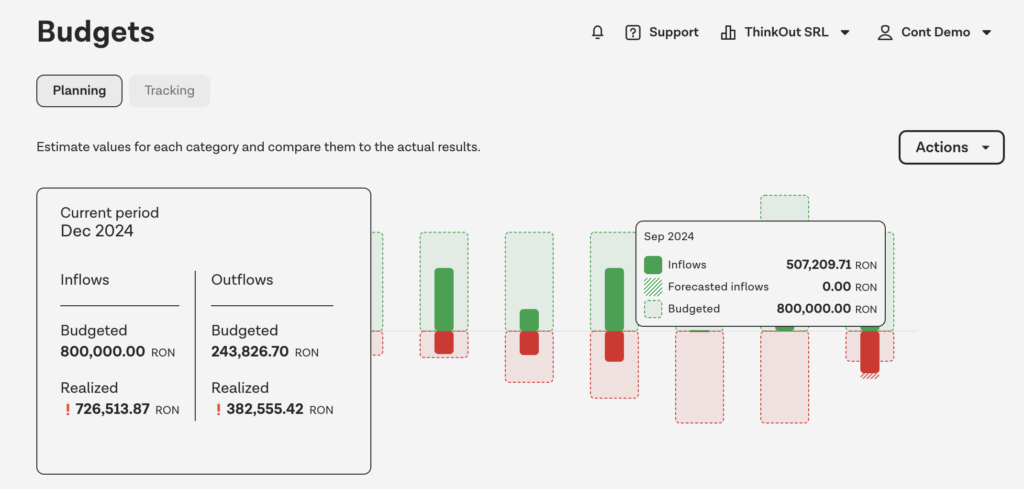Understanding Budgeting and Its Importance for Your Business
Budgeting is a critical aspect of financial planning for any company. It involves creating a comprehensive list of projected cash inflows and outflows for a specific period. By preparing a budget, you can gain valuable insights into your business’s financial health and track how funds are being allocated to achieve your organizational objectives.
When developing a budget, consider customizing it for individual departments, projects, or the entire company. Tailor the budget to align with your business’s specific needs and goals.
Utilize your budget to analyze various scenarios and assess the potential impact of specific decisions on your business. It can also help you determine the amount of funds required to cover monthly expenses, evaluate investment opportunities, and make informed financial choices. Many businesses create annual budgets at the end of each year, a practice that can benefit your company as well.
Discover the Power of ThinkOut
Take control of your budgeting process and track your financial performance with ease
Get started with a free trial
Before embarking on budget preparation, ensure you have essential financial data at hand, including:
✓ Current account balance
✓ Sales forecasts
✓ Monthly expenses (fixed and variable)
✓ Transaction frequency
✓ One-time payments
✓ Historical payment patterns
Forecasting Inflows
Begin by projecting all anticipated cash inflows for the upcoming period. Develop a timeline for your sales projections and consider including sources of revenue beyond operational income, such as loans or grants. Be cautious with uncertain revenue sources like extended payment terms or potential contract cancellations when making financial decisions.
Projecting Outflows
Next, account for your fixed monthly expenses that remain constant regardless of sales volume, such as rent, salaries, and subscriptions. Categorize your expenses to facilitate budget management.
If your fixed costs exceed your inflows, explore options to reduce or defer payments. Consider converting fixed costs to variable expenses, such as shifting from salaries to commissions, to align with revenue fluctuations.
Ensure all inflows and outflows are included in your budget for the target period. Calculate your monthly net balance to assess financial coverage and potential funding requirements.
Continuous Evaluation
Regularly review and adjust your budget to reflect actual financial performance. Update your budget monthly based on realized cash flows to maintain an accurate financial outlook. Leverage tools like ThinkOut for secure bank integration and simplified budget tracking.
Modify your budget in response to fresh financial data to ensure ongoing alignment with your business goals. Refine future estimations and monitor your financial health proactively.
A budget provides a comprehensive overview of your business’s financial resources and their allocation, offering strategic insights for growth. Use it alongside a cash flow plan to make informed decisions based on both the ‘how’ and ‘when’ of your financial operations.

